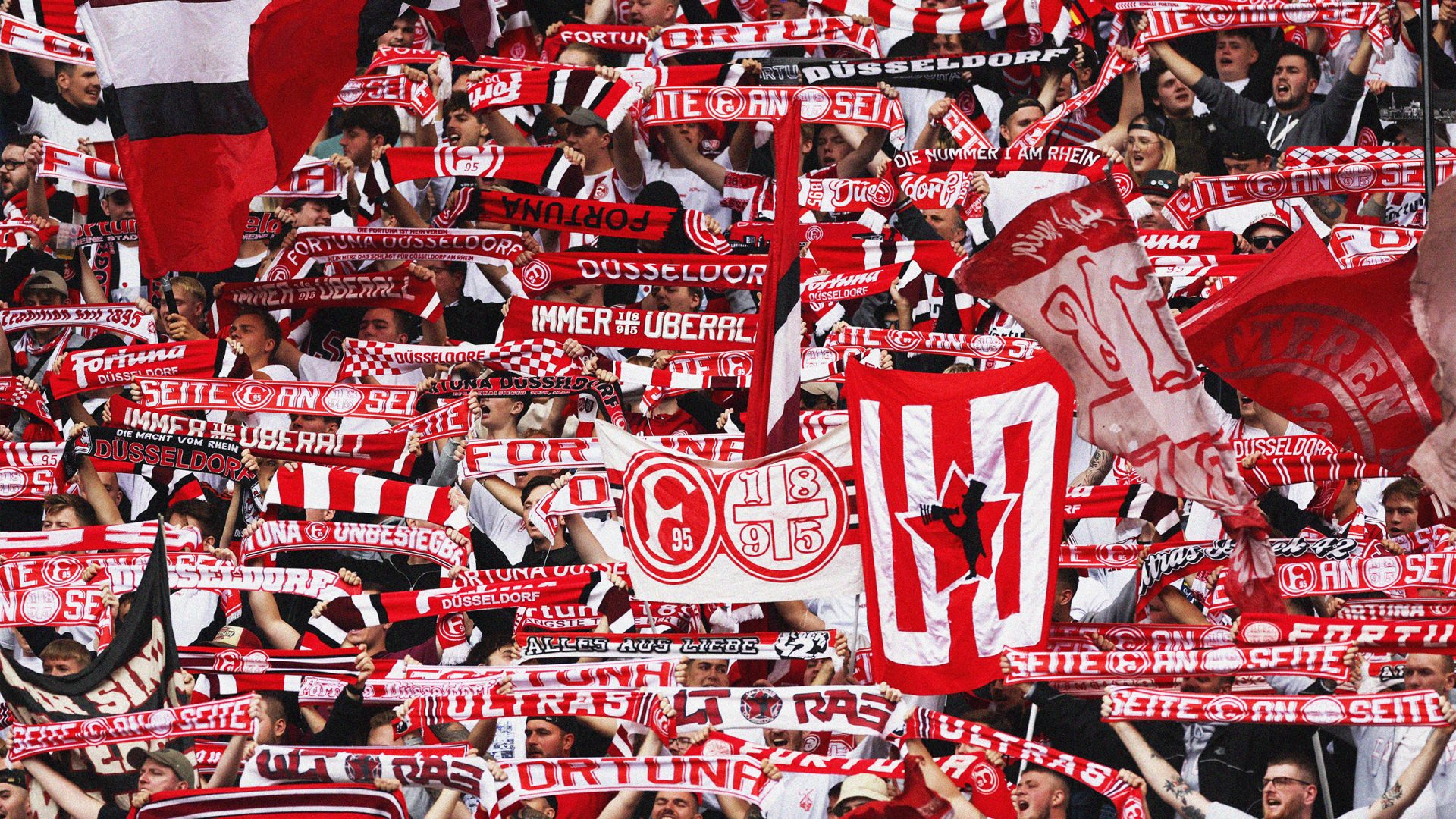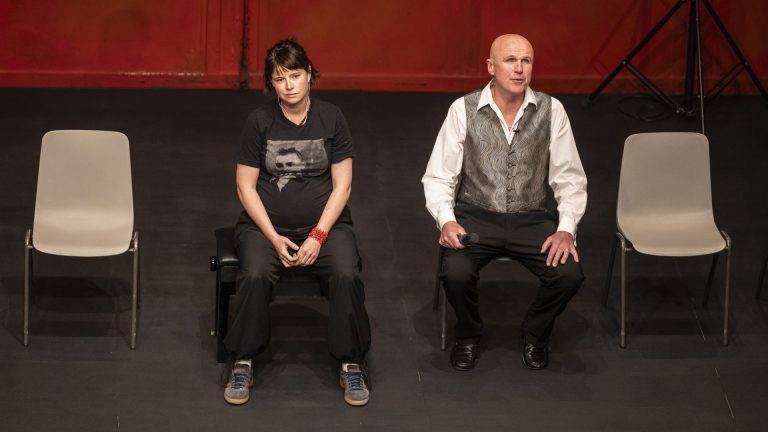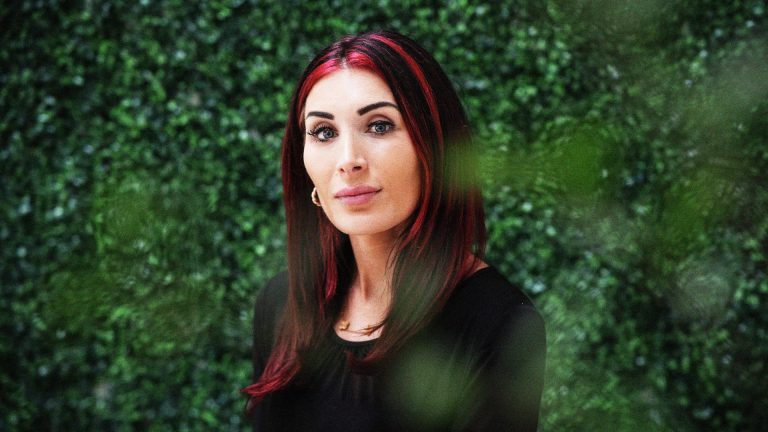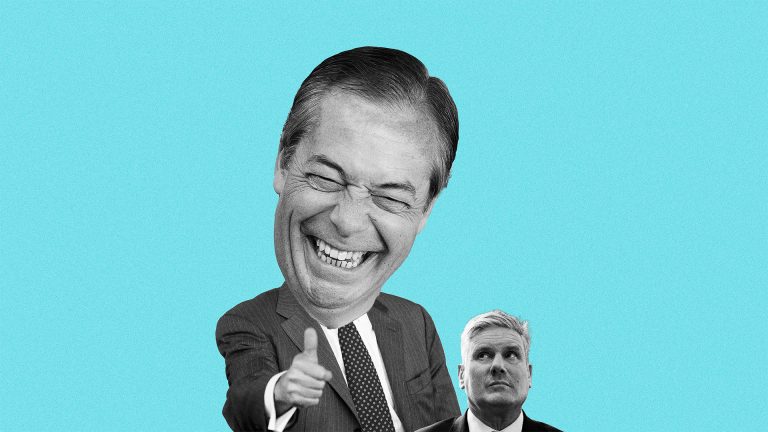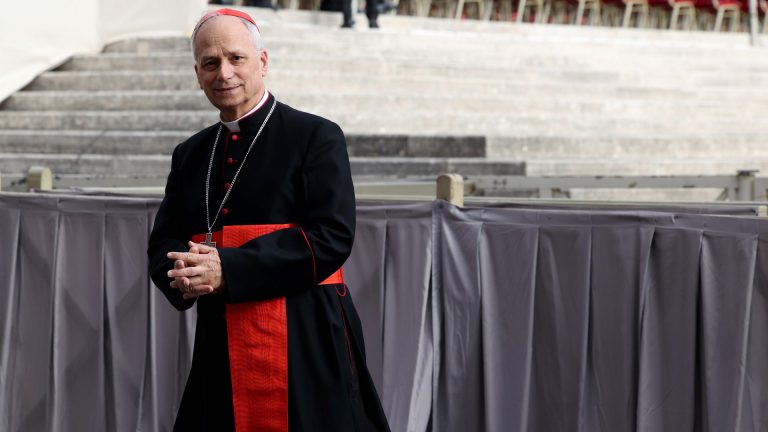“Die einzig wahren Farben für uns sind rot und weiss!” sing the two excited young brothers, banging on the sides of the U-Bahn in Düsseldorf – “the only true colours for us are red and white!”
“Liebe ist rot und Engel sind weiss!” the catchy melody continues – “love is red and angels are white!” – “Fortuna Düsseldorf!”
The tram is busier than usual, even for a Fortuna home game on a sunny Saturday lunchtime. Not because the team are doing particularly well (they only have an outside chance of promotion to the Bundesliga) and not because of high-profile opposition (Preußen Münster are battling to stay up), but because, today, all 52,000 tickets are completely free.
Now into its second season, Fortuna Düsseldorf’s “Fortuna für alle” (Fortuna for all) initiative sees the club voluntarily foregoing ticketing revenue and compensating it with sponsorship from an alliance of high-profile, local businesses who want to be associated with a new, socially inclusive business model.
“We got lucky in the lottery and thought we’d make a weekend of it,” say one couple, exiled Fortuna fans from Unna, near Dortmund, while another fan shouts to his mate to pass the Jägermeister down the carriage – at 11:20am, it should be said.
Fortuna für alle began with a three-game pilot last season and was expanded to four free games this season, with the ultimate aim of one day offering all 17 home games to fans free of charge.
“Simply continuing with business-as-usual was no option for us,” said Alexander Jobst, the chief executive. “This is our answer to some of the challenges facing professional football.”
Despite playing in a 52,000-capacity stadium in one of Germany’s richest cities, Fortuna have traditionally struggled to match the passion of close neighbours like Schalke, Cologne or Borussia Mönchengladbach, or the sporting success of Borussia Dortmund or Bayer Leverkusen.
“In a city of this size with a stadium of this size, there is so much potential,” says Jobst. “Düsseldorf has top ambitions. Both businesses and fans want Fortuna to be in the Bundesliga. But from an economic point of view, I say: the engine needs petrol first.”
Outside the MERKUR-Spiel-Arena, older fans are filling their tanks with sizzling Bratwurst washed down with dark, local Altbier. A notably large number of young children play on the grassy slopes near the turnstiles.
Katrin is a season ticket holder and is happy that the stadium is full for “less attractive” games, when normally it would normally be “half empty”. But she worries that the scheme could attract too many people who are just there for a free day out rather than to actually support Fortuna.
Her mother, Ursula, however, points out that the vast majority of the sell-out crowd is wearing red and white merchandise. “They must have already been fans, they must have had the gear in the wardrobe somewhere, so maybe they just couldn’t afford to come.”
Indeed, despite German football’s reputation for cheap tickets (and standing tickets on the terraces are generally less than €15), a single match for a family of five, with all it entails, could easily cost €150.
Fortuna came agonisingly close last season, losing a dramatic promotion play-off on penalties. They’re too far off the pace this season, despite a 1-0 win over Münster. After that game, the players mentioned the difference a full stadium makes, especially when holding on with ten men.
“It’s an amazing feeling when the whole stadium celebrates a tackle like a goal,” says centre-back Jamil Siebert. “We need this energy more than ever,” said David Kownacki, the goalscorer.
“Football is a cultural asset which should be accessible to all,” says Jobst. “That’s a key element of ‘Fortuna für alle.’ But we also want success. We want to play in the Bundesliga.”
Matt Ford is a British football journalist living in Germany

